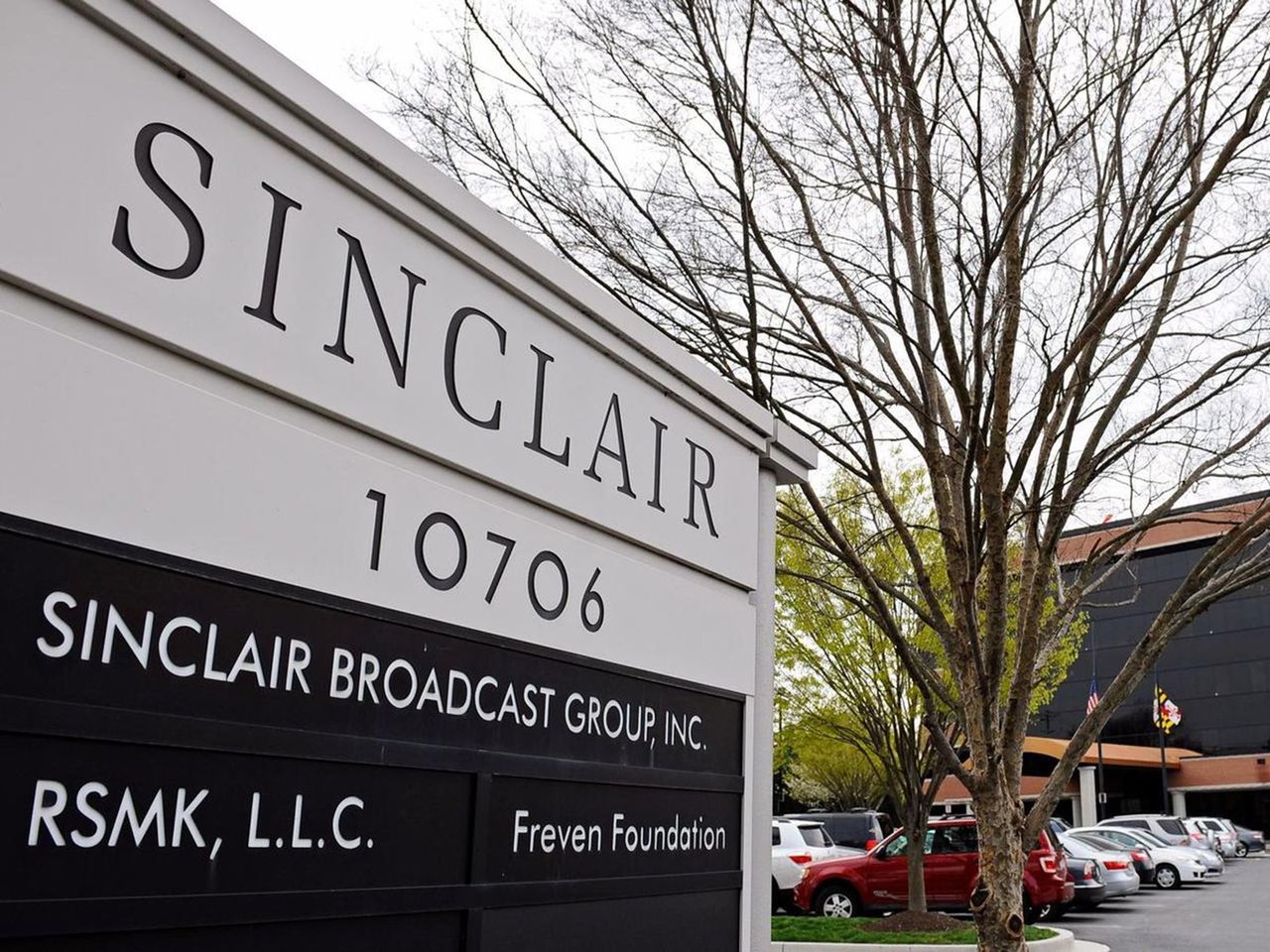Towards Tapeless Delivery
When it comes to file-based delivery, it is very difficult to get any kind of uniformity across suppliers. But shipping file-based content by dubbing it onto Digibeta tape, purely because it’s easier than dealing with a hundred different file formats, is an antiquated system.

ITV’s Helen Stevens To address this problem, several rival UK broadcasters –BBC, ITV, Channel 4, Sky, Channel 5, S4C, and UKTV – recently put their differences aside and formed the Digital Production Partnership (DPP). Their goal was to thrash out a standard for tapeless, file-based video delivery.
From the start, the initiative was highly collaborative. In fact, when Helen Stevens, ITV Director of Strategic Projects and Business Delivery (and chair of the DPP) got together with Mark Harrison, BBC North’s Controller of Production (and the BBC lead for the DPP), they realised that their combined knowledge was a real asset.
“At the BBC, Mark [Harrison] had tackled tapeless [delivery] from the point of production up until the point of delivery, whereas I started from the point of delivery,” says Stevens. “We realised pretty soon that if we joined up our knowledge, we could help other people.” Another key member of the partnership is Kevin Burrows; Chief Technology Officer of Channel 4 and Chair of the DPP technical standards group.
The DPP’s first attempt to help the UK production community was its March 2011 publication of common standards for the tape-based delivery of HD and SD material. However, a technical specification for programmes delivered as files remained the big goal.
To encourage international adoption, the DPP has worked closely with the US-based Advanced Media Workflow Association (AMWA); taking notes on its recently released AS-11 metadata specification for constrained versions of the MXF file format. A final DPP standard was reached in January this year.
The DPP also worked with the European Broadcasting Union (EBU), mapping its metadata to existing EBU-Core and TV-Anytime metadata sets.
C4’s Burrows outlines some of the key differences between the DPP’s standard and AS-11. “[The DPP standards] have a shim that can constrain some parameters for different uses,” he says. “We don’t support Dolby E in the UK, although the [AMWA] standard allows it. Another difference is the format: 720 is not something we’d want as we’re standardising on 1080i. US timecode is different, and audio tracks are referenced as an EBU standard.”
Also to be considered is ‘metadata’; digital information that is attached to video files. Metadata includes series title, programme title, synopsis, audio parameters, programme part numbers, durations, access services and a check sum.

Mark Harrison of DPP leads a workshop at a recent forum. Since the UK standard was announced, the DPP has received interest from broadcasters all over Europe and from as far afield as Korea. Small wonder: An international standard for tapeless delivery is the Holy Grail, and the status of the broadcasters and technologists involved in the DPP means that its standard’s potential for universal adoption is high.
However, Helen Stevens remains realistic about what the new format will be able to offer in terms of global distribution. “It’s pretty hard to produce a standard that can be accepted globally – I think that there will always be a demand for different file formats,” she says. “But if we start with this format, then at least there’s something to transcode into different profiles for different countries – and then at least your base file is quite adaptable.”
When the UK standard was first announced, the DPP was keen to emphasise that the agreement did not signal an imminent move to file-based delivery. Instead, BBC, ITV, and Channel 4 will begin by taking delivery of programmes on file on a selective basis this year – with ITV soap Emmerdale currently being primed as the first contender.
Only after this period of piloting will the new standard become the preferred delivery format. The DPP estimates that this will become a reality by 2014. A challenge the DPP currently faces is to produce a similar agreed-upon tapeless delivery spec for short-form content.
In the meantime, when it comes to long-form content, “The focus will move from file formats to looking at how this translates into practical delivery,” says Stevens. To this end, a metadata app, which will help productions comply with the requirements, was due for release in late March.
The app will allow suppliers to enter a required set of metadata that is associated with a completed TV programme and wrap it into MXF files that are compliant with the cross-broadcaster group’s common standards. It will be available via the Web and mobile.
The DPP is also preparing to publish a report on file-based workflow practices, to be used as a ‘Best Practices’ guide for all those involved in the production process.
“People are asking us about metadata and cameras and without wanting to get into recommending specifics the report will tackle the whole subject of workflow,” says Helen Stevens. “It will say, ‘Here’s what other people doing’ and compile these processes for people to consult with.”
Contacts:
www.digitalproductionpartnership.co.uk
The professional video industry's #1 source for news, trends and product and tech information. Sign up below.
